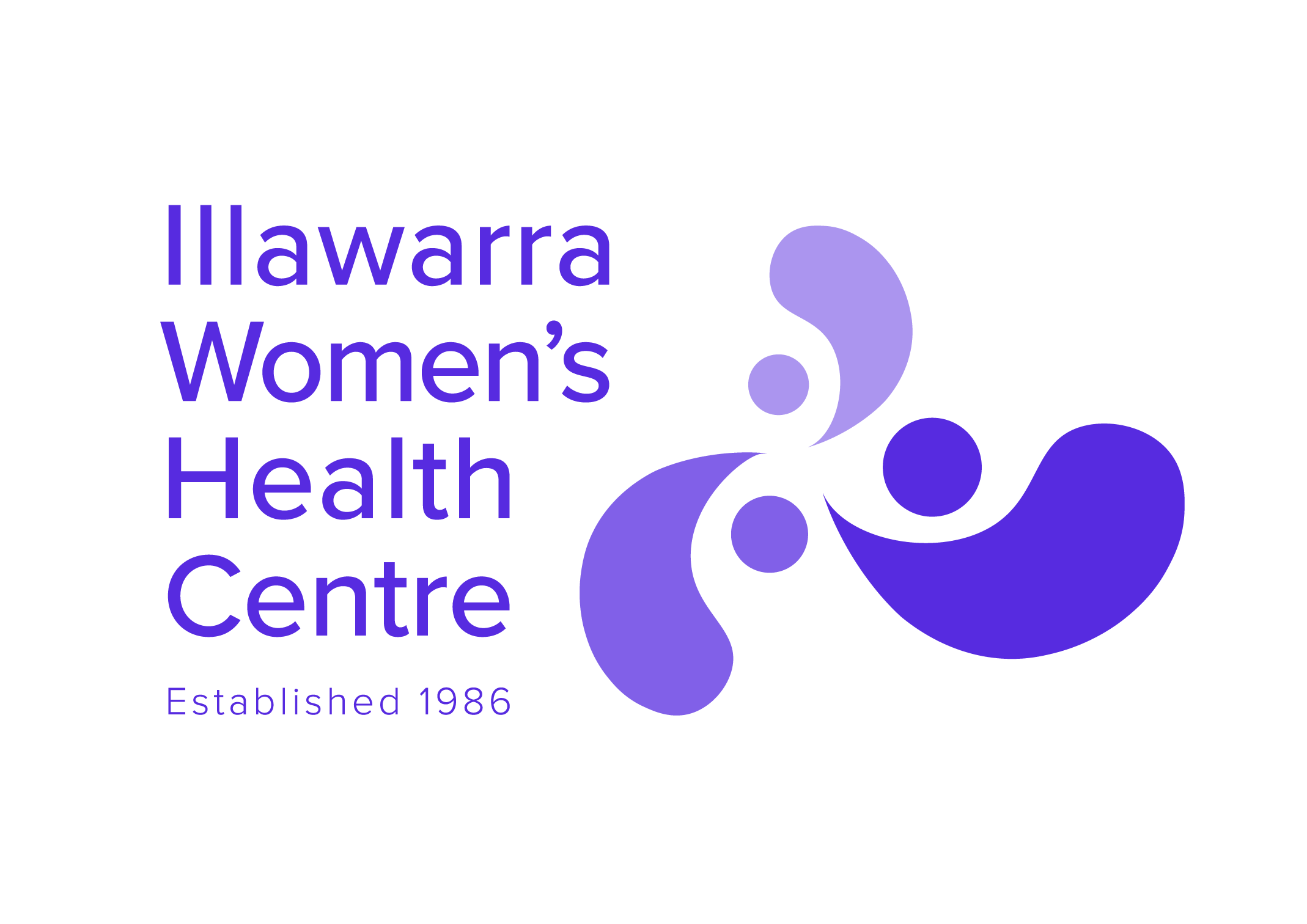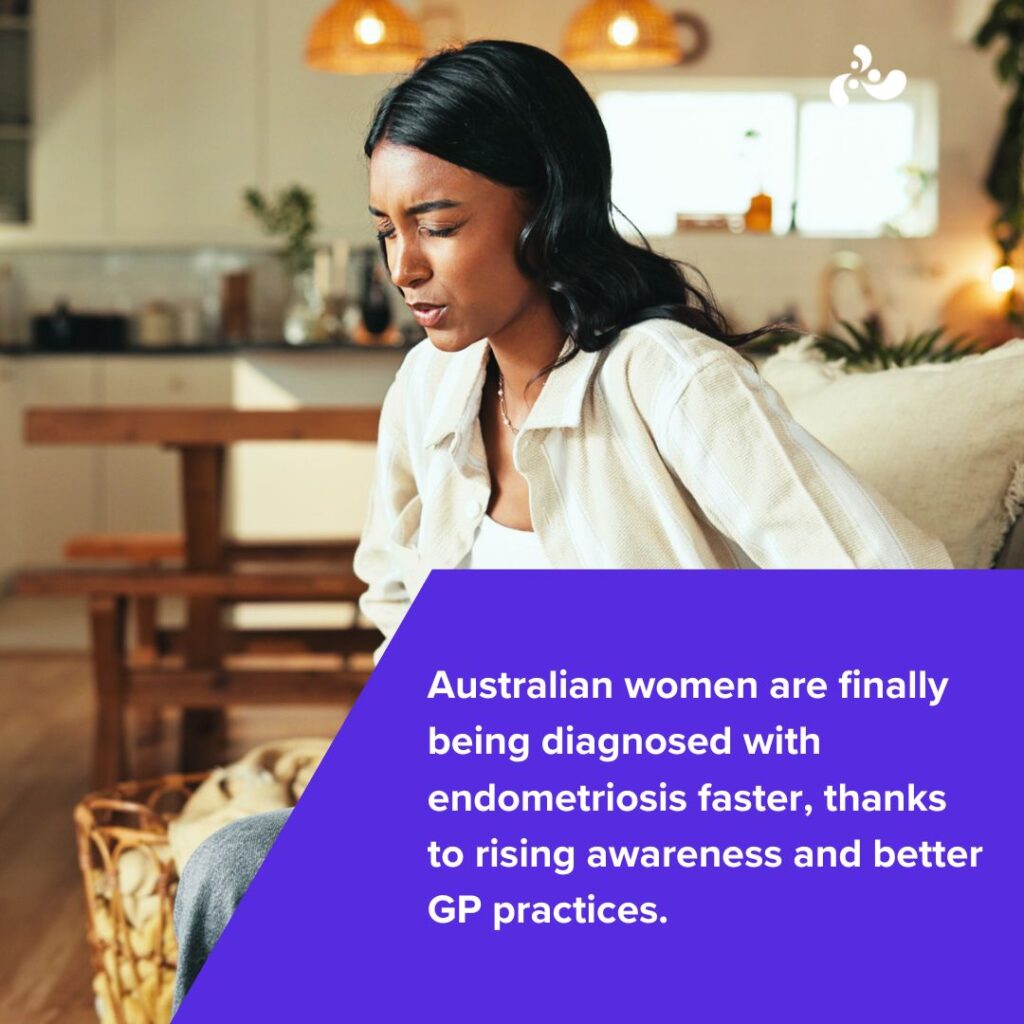Australian women are finally being diagnosed with endometriosis faster, thanks to rising awareness and better GP practices, a groundbreaking new national study has found.
The findings, published in the Medical Journal of Australia, show that the rate of diagnosis in general practice nearly doubled over the decade, and the median time from first recorded symptom to diagnosis has dropped to around 2.5 years, compared with previous estimates of 6 to 7 years.
Researchers from Monash University’s SPHERE Centre of Research Excellence analysed the records of more than 19,000 women aged 14 to 49 diagnosed with endometriosis in Australian general practices between 2011 and 2021. The study offers the first national picture of how the condition is recognised, investigated and managed at the primary care level.
The research found that about two-thirds of women had symptoms such as pelvic pain or painful periods recorded before diagnosis, and that GPs are increasingly using pelvic ultrasound as part of their investigations, rising from 19 per cent in 2011 to almost 49 per cent in 2021.
While this shows clear progress, the study’s authors also note that some women continue to experience delays and that treatment practices vary. There was an increase in the use of medications such as opioids and gabapentinoids, which are not recommended as first-line therapies for endometriosis pain.
Sally Stevenson, Executive Director of the Illawarra Women’s Health Centre, said the findings reflect a positive shift in awareness but highlight the need for continued reform.
“This research shows we are finally starting to listen to women and take their symptoms seriously,” Ms Stevenson said.
“It reflects the years of tireless advocacy by women around the world. Cutting the median diagnosis time from six or seven years to two and a half is an enormous step forward, but two and a half years is still far too long for women to live in pain and uncertainty,” Ms Stevenson said.
“We must keep pushing until timely diagnosis and care are the norm for every woman, everywhere.”
Earlier this year, the Centre welcomed the inclusion of the drug Relugolix with estradiol and norethisterone (brand name Ryeqo) on the Pharmaceutical Benefits Scheme (PBS) for women with moderate to severe endometriosis pain.
SPHERE’s national Endometriosis Management Plan (EMP) is currently being piloted in general practices across Australia. It is expected to be rolled out to all primary care settings in May 2026.

